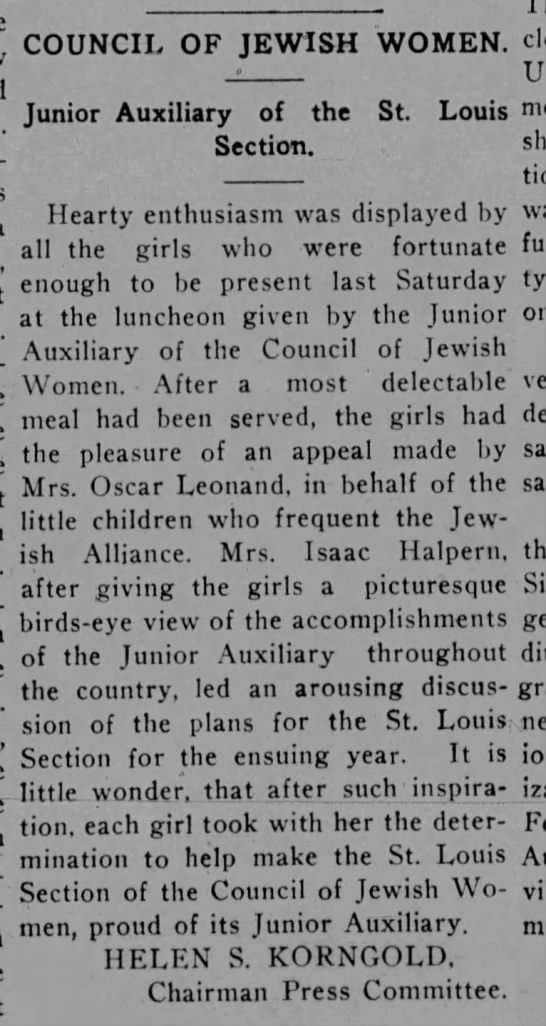I have a head cold. My husband gave it to me for Valentine's Day. He felt bad so he bought me chocolate covered macaroons.
It has been bitterly cold and snowy in Michigan.
 |
| painting by Joyce Gochenour, my mother |
We have been enjoying the Detroit Symphony's American Panorama series and were lucky to have tickets to see two of the concerts live. I shared a remark on Facebook and was surprised to open their February newsletter to see it included at the top of the page!
POSTCARDS FROM THE STAGE
The DSO has made its mark in the month of February for the past several seasons with six extraordinary winter music festivals. Now halfway through American Panorama, it’s safe to say this festival has launched us on an incredible journey.
We watch the DSO concerts on Livestream, on our Comcast channel 900, plus they are available online.
I am hand quilting the top I made from Carolyn Goins' book The Fiona Quilt Block.
The weekly quilt group I attend has a 'free table' where we share things we don't want. Fabric, patterns, books, trims--all kinds of goodies show up. The ladies are always showing off something they made with the free fabric they found on the table. A few weeks ago I picked up a piece of Marvel comic book heroes material and used it to make a bag.
For Valentines Day I bought myself Elizabeth McCracken's new novel Bowlaway. I just loved what I was reading in the reviews.
We bought a heated outdoor dog water bowl after watching squirrels eating ice. Once in a while, a bird will visit for a drink, too. But this little black squirrel comes all day long. He is the same critter who robbed our apple trees all summer long! We didn't mind, as the fruit last year was affected by the drought and was too small to use.
Our son's rescue dog Ellie has made huge progress in the last ten weeks. She sits to be harnessed and to get her coat on. She lets him know when she wants out or in or a pet. Ellie loves to romp in the deep snow!
I am scheduled for cataract surgery next week but fear it won't happen unless I have a quick and complete recovery from my cold! I will have both eyes taken care of and will get a lens that corrects my astigmatism while I am at it. Hopefully, I will only need glasses to read!
Knowing there were be several weeks when I won't have the best vision I have been cleaning up my NetGalley shelf and resisting adding new books until my surgeries are over.
I am reading Stephen Rowley's The Editor, historical fiction about a writer whose editor was Jackie Kennedy Onassis.
Books on my shelf include:
- The Life and Death of Aida: A Border Story by Aaron Bobrow-Strain
- A Good American Family: The Red Scare and My Father by David Maraniss whose Once in a Great City: A Detroit Story I have read
- The Electric Hotel by Dominic Smith whose The Last Painting of Sara DeVos I have read
There are a few other publisher-sent NetGalley books which I may also get to.
Today a dozen fat Robins visited the yard! They settled in the little ornamental pear tree to pluck the small fruit from last year. Then off they flew. Spring will come!











































